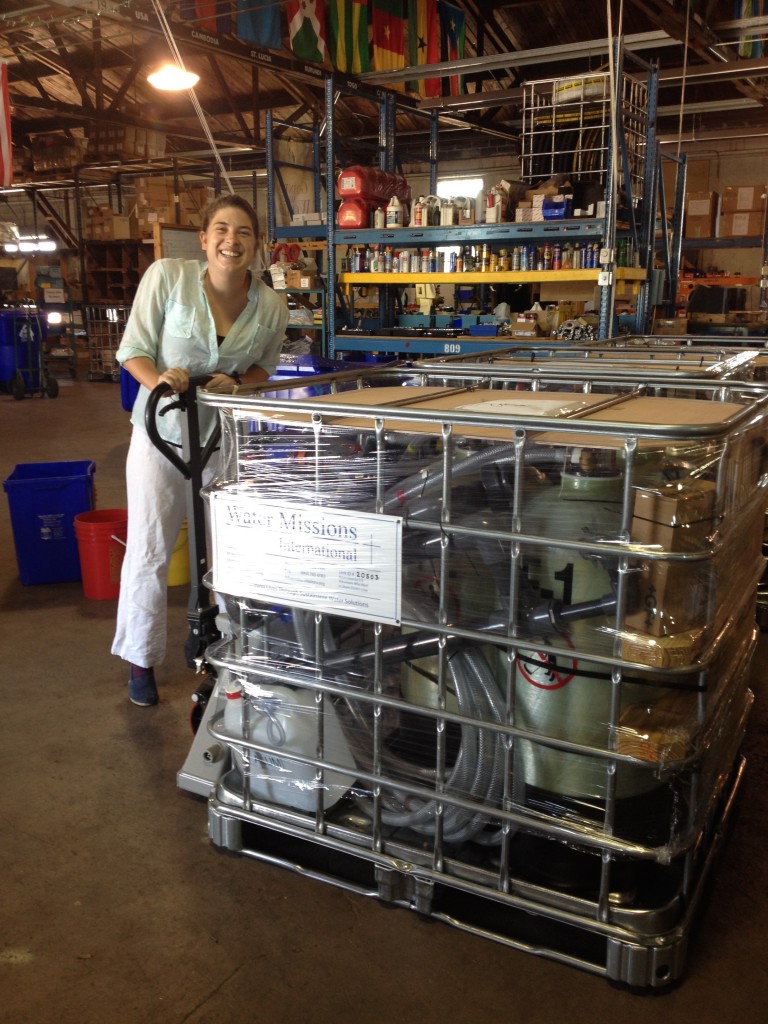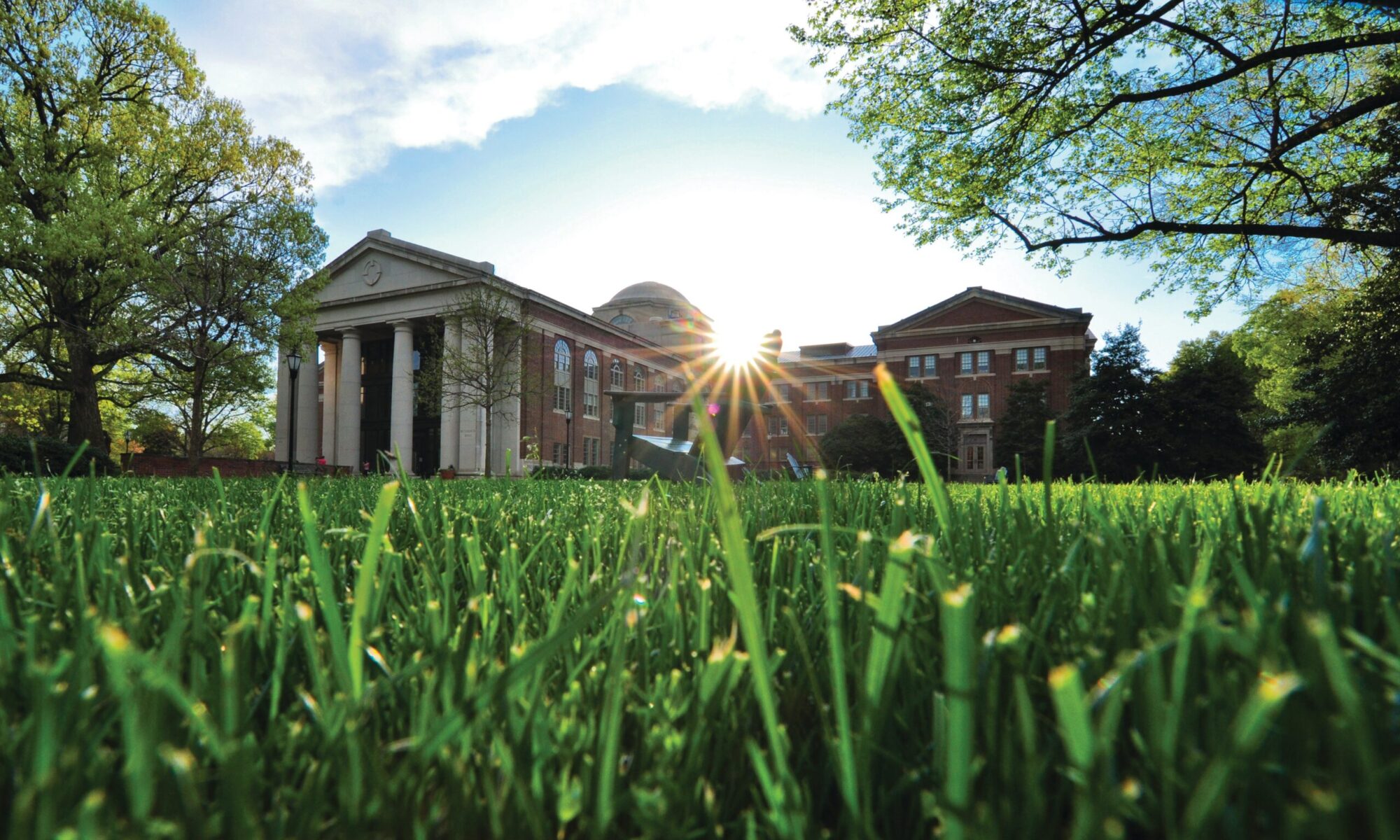Julia Sacha ’17, the author of this post, is one of two 2015 recipients of a South Carolina Internship Grant provided by Davidson College and The Jolley Foundation. The purpose of the grant is to allow students to participate in educational internships and to explore living and working in the state of South Carolina.
When was the last time you used clean water? Was it that sip you took from your bottle a few minutes ago? Was it washing your hands before lunch? The flush of your toilet half an hour ago?
We use water so frequently we don’t even think about it.
For some people, collecting water is one of the most time consuming activities of their day. For instance, the woman who has to walk 3 hours each way to Lake Victoria in Uganda to fill up a jerrycan of water.
Women and children can spend up to 6 hours of their days just collecting water — water they may not even know is contaminated with various bacteria.
I had the opportunity this summer to intern with Water Missions International, a nonprofit Christian engineering organization that works to provide sustainable safe water and sanitation solutions for people in developing countries and disaster areas (watermissions.org). I interned in their Health Impact Studies division, where they research how people’s health has been influenced by the use of water and what cultural barriers keep people from using Water Mission’s safe water system. Specifically, I researched survey platforms and arranged two surveys to be used in Uganda. I worked on both a household survey and a mobile survey to determine how often people use the safe water and reasons why they may not use the safe water. Do they collect dirty water due to a lack of knowledge of harmful bacteria? Is it due to the relative distance from the safe water? Is it due to the cost of the safe water? The answers for these questions vary depending on the community and are not always straightforward. Yet, they are immensely important, as drinking a small amount of dirty water is enough to make one sick.

As a Christian nonprofit, faith is an essential part of the work done. Every morning before work, we gathered to pray for the countries we were working in, the community members, their systems, and for one another. I believe Jesus worked, is working, and will continue work through Water Missions’ to provide safe water and transform people’s lives. I truly hope to use what I’ve learned about sustainability and helping others in both my daily life and future career.
